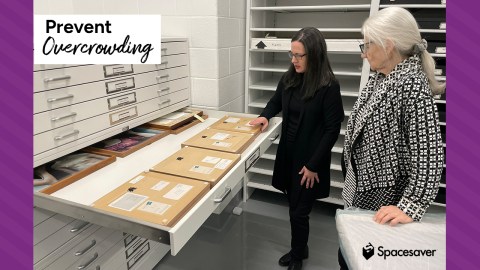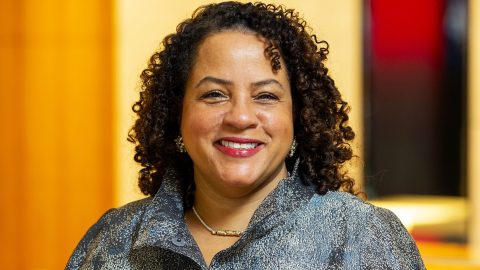For Immediate Release
Arlington, VA—The American Alliance of Museums (AAM), the only organization representing the entire scope of the museum community, today released the findings from their March 2021 survey on the impact of the pandemic on people in the museum field. Museums are not only stewards and interpreters of our culture, they are major employers and economic engines in their communities. Prior to the pandemic, museums supported 726,000 direct and indirect jobs. “Measuring the Impact of COVID-19 on People in the Museum Field,” fielded March 9-17, aims to illuminate the impact the pandemic is having on paid staff, employees who had been furloughed or laid off, independent contractors, and others.
The survey highlights the severe and troubling impact the pandemic is having on people in the museum field. Over 40 percent of respondents reported that they have lost income due to the pandemic—on average, over 30 percent of their total income—and nearly half of paid museum staff report increased workload. The impact has been particularly severe for independent consultants and contractors who are an essential part of the museum workforce: over half have had contracts cancelled or indefinitely postponed and struggled to secure new contracts, resulting in the loss of over half their pre-pandemic income, on average.
The pandemic is taking a grave toll on mental health and well-being as well: respondents assigned an average rating of 6.6 to this impact (on a scale of 0-10 where ten indicates very strong negative impact). The impact was particularly severe for people under the age of 35 (average rating of 7.8) with students citing the highest level of mental health impact (8). The Alliance is encouraged to see how museum professionals are responding to this challenge with empathy and compassion, with the greatest concern shared by respondents being for the well-being of their colleagues. The survey also collected stories of how museums have helped staff feel safe, valued, and supported in a wide variety of ways, including compassionate listening, fostering self-care and wellness, prioritizing staff retention, and helping staff who were laid off find new jobs. This survey makes clear that secure employment during the pandemic significantly reduced the negative impacts on financial stress and mental health and well-being.
The survey illustrates that the museum field mirrors what has broadly been found to be true in the US as a whole: the pandemic is accelerating existing inequities tied to race and gender. BIPOC respondents reported higher financial stress and fewer financial resources than white respondents. Women were more likely than men to report increased workload and adverse effects on hours, salary, mental health, and well-being.
“Since the pandemic began, the Alliance has successfully advocated for billions of dollars of Federal relief funding which has sustained thousands of museum jobs,” said Laura Lott, AAM President and CEO. “As we recover and rebuild, we must focus on equity, empathetic leadership, and actions that support the people who make museums possible. The resiliency and future vitality of our field relies on them.”
What do these survey results mean for the future of the museum sector? Just over 20 percent of paid staff and students think it is unlikely they will be working in the sector in three years, with some of the biggest barriers being compensation, burnout, and a lack of opportunities for advancement. Still, two-thirds of respondents are optimistic about the future of the museum sector.
During these difficult times, museums are tasked with three “duties of care”: to survive the pandemic and emerge positioned to resume their roles in service to their communities; to support their communities during COVID-19 and mitigate the damage to the most vulnerable; and to care for their own, for the people who make the museum itself possible. AAM hopes that by illuminating the impact that the pandemic is having on the museum field, and by listening and sharing what people have to say about their experiences, museums can craft responses that serve all three goals in service of a strong recovery for the field.
In addition to the full report, AAM used survey responses to build a webpage focusing on resources requested, or cited as useful during the pandemic, by respondents and a list of employer actions respondents cited as helping them to feel safe, valued, and supported.
About the American Alliance of Museums
The American Alliance of Museums has been bringing museums together since 1906, helping to develop standards and best practices, gathering and sharing knowledge, and providing advocacy on issues of concern to the entire museum community. Representing more than 35,000 individual museum professionals and volunteers, institutions, and corporate partners serving the museum field, the Alliance stands for the broad scope of the museum community. For more information, visit www.aam-us.org.
###
Press Contact:
Natanya Khashan
media@aam-us.org








